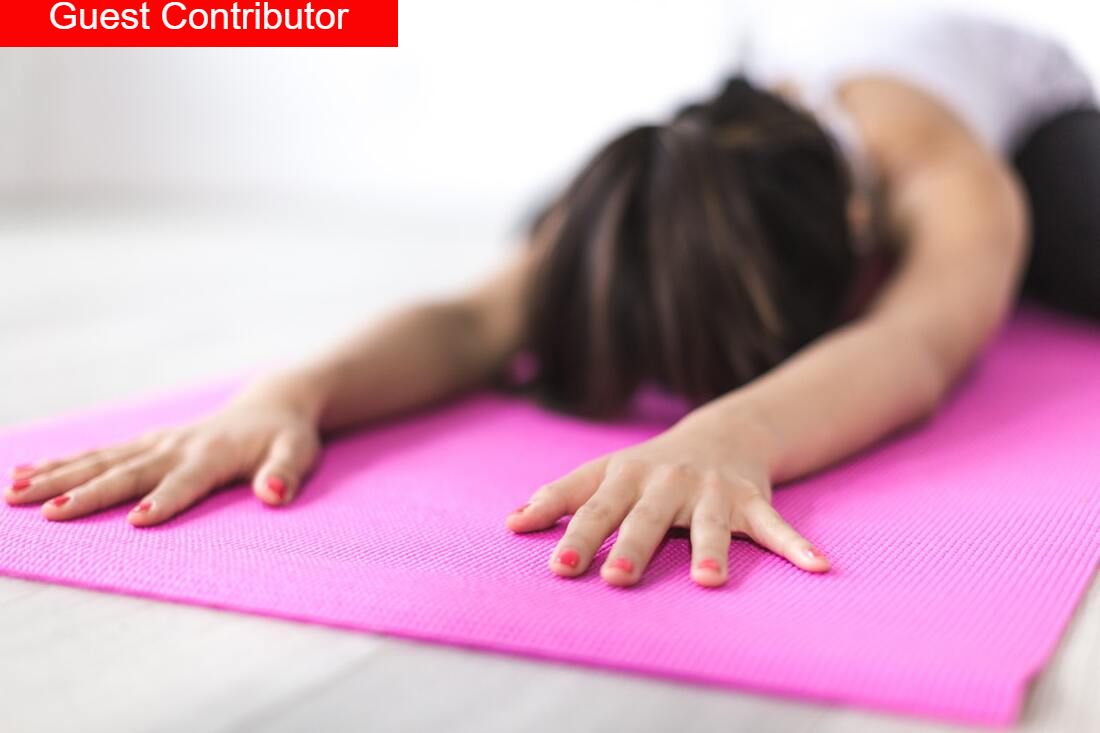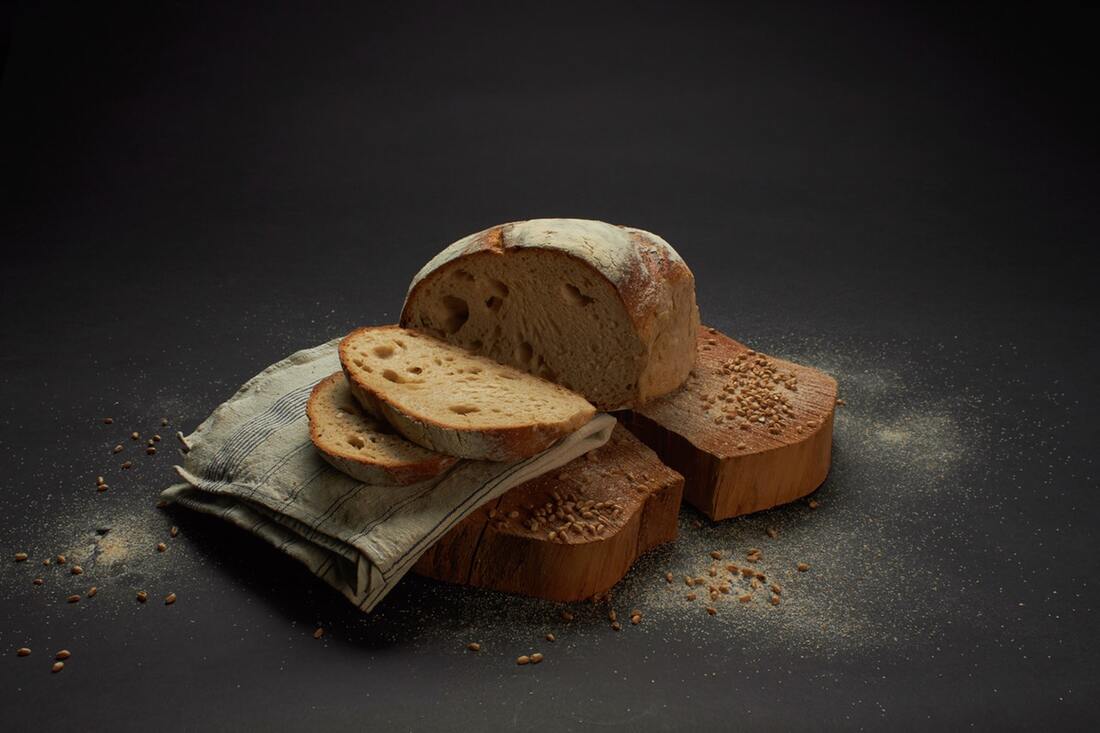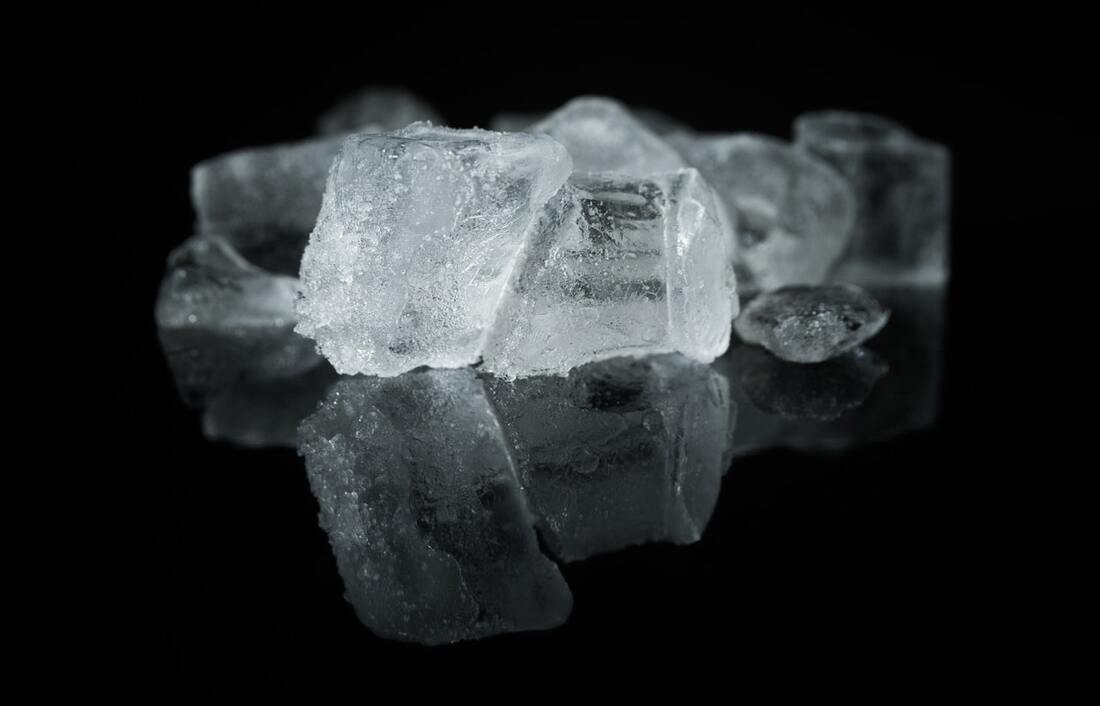|
By Melissa Jordan These days, being healthy is the number one priority for a lot of people. In America, CNBC reveals that 71.5 million people signed up for health clubs in 2018, with most opting for boutique health clubs, such as SoulCycle and Club Pilates. While this is great and is a promising development when it comes to focusing on fitness, working out is only half the battle. Rami touched on the topic of recovery in his post Why Rest is Important and how it's an essential aspect to consider when embarking on your fitness journey. In that article, we talked about the importance of getting a good night's rest and explained how the quality of sleep affects the way your body recovers. Today, we'll be discussing the other ways that can help your body recover as you prepare for your next day at the gym. Proper Nutrition While it often boils down to eating a certain amount of calories, what you eat matters just as much as how many calories you take to recover properly. Choosing the right foods with proper nutrients can make a world of difference to your post-workout recovery. Protein is one thing you should be including in your meal plan, as it helps your overall recovery after a workout. It can reduce muscle soreness, as protein speeds up the repair of your muscles and cells. Dr. Robert Zembroski also recommends that you get the right amount of carbohydrates after working out to help replenish all that energy you burned from exercising. Potatoes are an excellent source of carbohydrates and nutrition – and that doesn't mean you should grab a bag of potato chips. An article on Parsley Health points out that sweet potatoes are the ideal choice, as they are low in calories and carbohydrates. As an added bonus, they're also rich in vitamin C and antioxidants that can help repair cell damage after your workouts. Ice Baths You've probably seen professional athletes in tubs full of ice water. As odd as it sounds, taking ice baths after rigorous physical activity has useful recovery benefits. A study conducted by Edith Cowan University found that post-exercise cooling promotes muscle recovery, which is similar to how you experience relief when you put a cold bag of peas on a bruise or a sprain. So how does this work? Well, in theory, icing inflamed body parts slows blood flow in that part of your body. This keeps inflammatory cells away from the strained area, thus reducing pain significantly. And while the numbing effect is temporary, you'll notice a significant difference when it comes to the swelling you experience as compared to when you don't ice your sore muscles. Avoid Alcohol
While having an occasional drink with your friends is all well and good, you might want to avoid alcohol after working out. The Huffington Post notes that drinking alcohol affects how your body recovers, as it reduces the amount of the anti-diuretic hormone your body needs to reabsorb water. This certainly makes things worse considering how much you sweat when working out. Alcohol also hinders the body's ability to break down protein, thus rendering your post-workout recovery meals ineffective. If you insist on drinking after working out, at least be sure to space it out and reserve it for after you've had time to re-hydrate and get an adequate amount of rest.
0 Comments
Your comment will be posted after it is approved.
Leave a Reply. |
�
Topics
All
Guest ContributorsBuy Me Coffee |






 RSS Feed
RSS Feed

